Humans
Sign up for our newsletter
We summarize the week's scientific breakthroughs every Thursday.
-
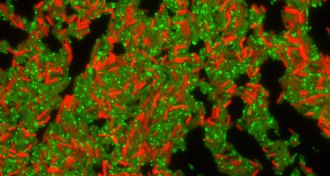 Life
LifeHow bacteria nearly killed by antibiotics can recover — and gain resistance
A pump protein can keep bacteria alive long enough for the microbes to develop antibiotic resistance.
-
 Health & Medicine
Health & MedicineBeing bilingual is great. But it may not boost some brain functions
A large study of U.S. bilingual children didn’t turn up obvious benefits in abilities to ignore distractions or switch quickly between tasks.
-
 Health & Medicine
Health & MedicineFaulty cellular antennae may cause a heart valve disorder
Mitral valve prolapse might be caused by dysfunctional primary cilia meant to signal cells during development.
-
 Health & Medicine
Health & MedicineA cognitive neuroscientist warns that the U.S. justice system harms teen brains
The U.S. justice system holds adolescents to adult standards, and puts young people in situations that harm their development, a researcher argues.
-
 Science & Society
Science & SocietyHow the battle against measles varies around the world
Measles is a global health threat. Snapshots of several countries show how stopping its spread depends on local conditions and beliefs.
By Sujata Gupta -
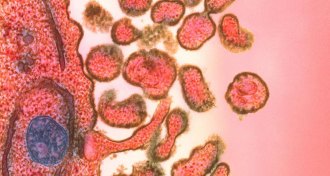 Health & Medicine
Health & MedicineMeasles erases the immune system’s memory
The measles virus can usher in other infections for months, or even years.
-
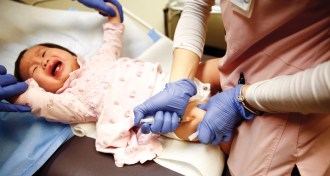 Health & Medicine
Health & MedicineFinding common ground can reduce parents’ hesitation about vaccines
Physicians are examining whether discussing shared health goals can bring vaccine-hesitant parents on board.
-
 Animals
AnimalsBad moods could be contagious among ravens
Ravens may pick up and share their compatriots’ negativity, a study on the social intelligence of these animals suggests.
-
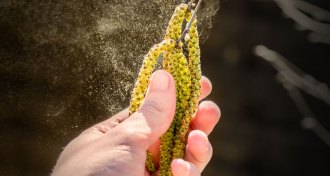 Health & Medicine
Health & MedicineHow allergens in pollen help plants do more than make you sneeze
A plant’s view of what humans call allergens in pollen grains involves a lot of crucial biology. And sex.
By Susan Milius -
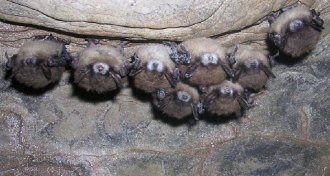 Animals
AnimalsVaccines may help bats fight white nose syndrome
Researchers are developing an oral vaccine that helps little brown bats survive the fungal disease white nose syndrome.
-
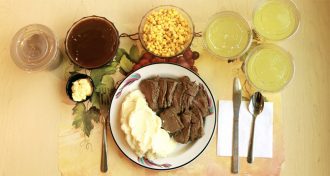 Health & Medicine
Health & MedicineDoes eating ultraprocessed food affect weight gain? It’s complicated
Laying off ultraprocessed foods and switching to whole foods may help some people manage their weight, a small study finds.
-
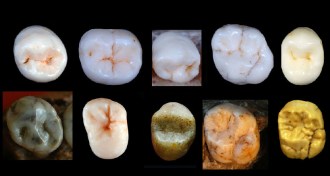 Anthropology
AnthropologyFossil teeth push the human-Neandertal split back to about 1 million years ago
A study of fossilized teeth shifts the age of the last common ancestor between Neandertals and humans.
By Bruce Bower